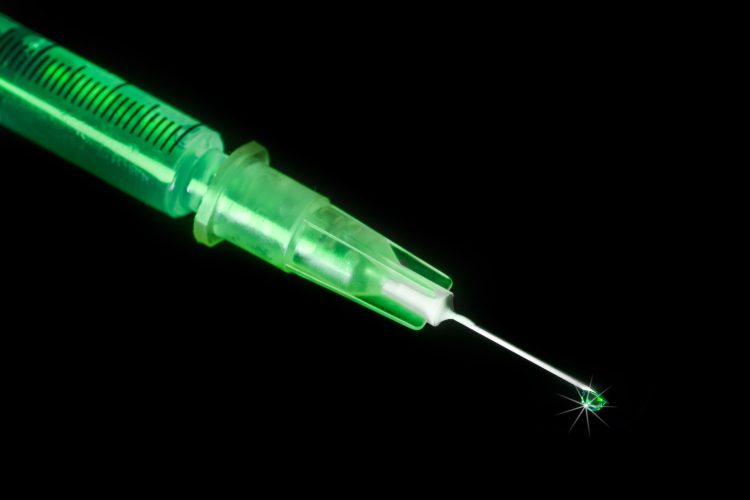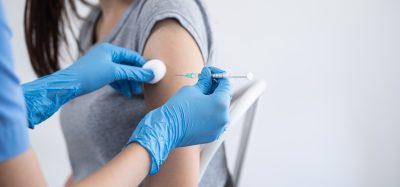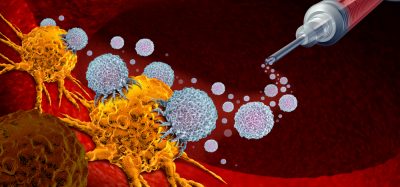Discovery of a promising agonist adjuvant
Posted: 9 July 2024 | Drug Target Review | No comments yet
PVP-037, identified through a small molecule screen, induces a more durable and broader immune response to vaccines.


Researchers on the Precision Vaccines Program at Boston Children’s Hospital have identified a novel adjuvant, called PVP-037, under a large Adjuvant Discovery Program contract from the National Institute of Allergy and Infectious Diseases (NIAID).
For over a decade, Dr Ofer Levy and Dr David Dowling have aimed to improve vaccines by adding adjuvants to boost vaccine recipients’ immune responses, as several vaccines are only partially effective, have waning efficacy, or do not work well in the very young or the very old. Dr Levy directs the Precision Vaccines Program. He explained: “In principle, this compound can be added to any vaccine to enhance its action…Adjuvants are like rocket fuel for the immune system. PVP-037 is one of the most active adjuvants we’ve discovered, and we think it induces a greater, more durable, and broader immune response to vaccines.”
The scientists conducted a screening of over 200,000 small molecules from a Harvard Medical School library of primary peripheral blood mononuclear cells. These had been obtained from donors and cultured in their own plasma using a method developed within the Precision Vaccines Program. PVP-037 was the most active out of around 25 confirmed hits. This compound belongs to a family of molecules named imidazopyrimidines, which were discovered to be active immunomodulators. PVP-037 and its analogues target the innate immune system, stimulating the pattern-recognition receptors TLR7 and TLR8 on antigen-presenting cells like monocytes and dendritic cells.
Dr Levy explained: “Screening small molecules against human primary cells is messier than using a homogenous cell line, because each individual is different…But that’s the whole point: It’s more reflective of human biology. A good adjuvant needs to be able to work across diverse populations. PVP-037 would not have been discovered by screening cell culture lines.”
Broad innate immune activation was demonstrated by an optimised version of PVP-037 in the donor cells, inducing NF-κB and production of TNF and other cytokines. Significantly, PVP-037 did not provoke this response in cultured cell lines. In live mice, it enhanced antibody responses against influenza and SARS-CoV-2 vaccine proteins.
Additionally, PVP-037 is easy to work with, stable and lends itself to chemical optimisation for medical use. Furthermore, it can be formulated in most standardly-used drug delivery systems. Dr Dowling commented: “Our work essentially condensed the full vaccine development pipeline — including analogue optimisation, establishing the mechanism of action, and creating an optimised formulation.”
Multiple patents on these discoveries are held by Boston Children’s, with Dr Levy and Dr Dowling as named inventors. They now aim to assess their compound across all age groups and evaluate its ability to improve immune response to influenza and pertussis vaccines. Also, they hope to improve the opioid vaccine which tries to prevent fentanyl overdose deaths. The patents cover potential uses of imidazopyrimidines as immunomodulatory compounds for allergy and cancer, which may be explored in the future.
This study was published in Science Advances.
Related topics
Hit-to-Lead, Small Molecules, Vaccine, Vaccine development
Related conditions
allergy, Cancer, Influenza, Opioid overdose, SARS-CoV-2
Related organisations
Boston's Children's Hospital, National Institute of Allergy and Infectious Diseases (NIAID)








